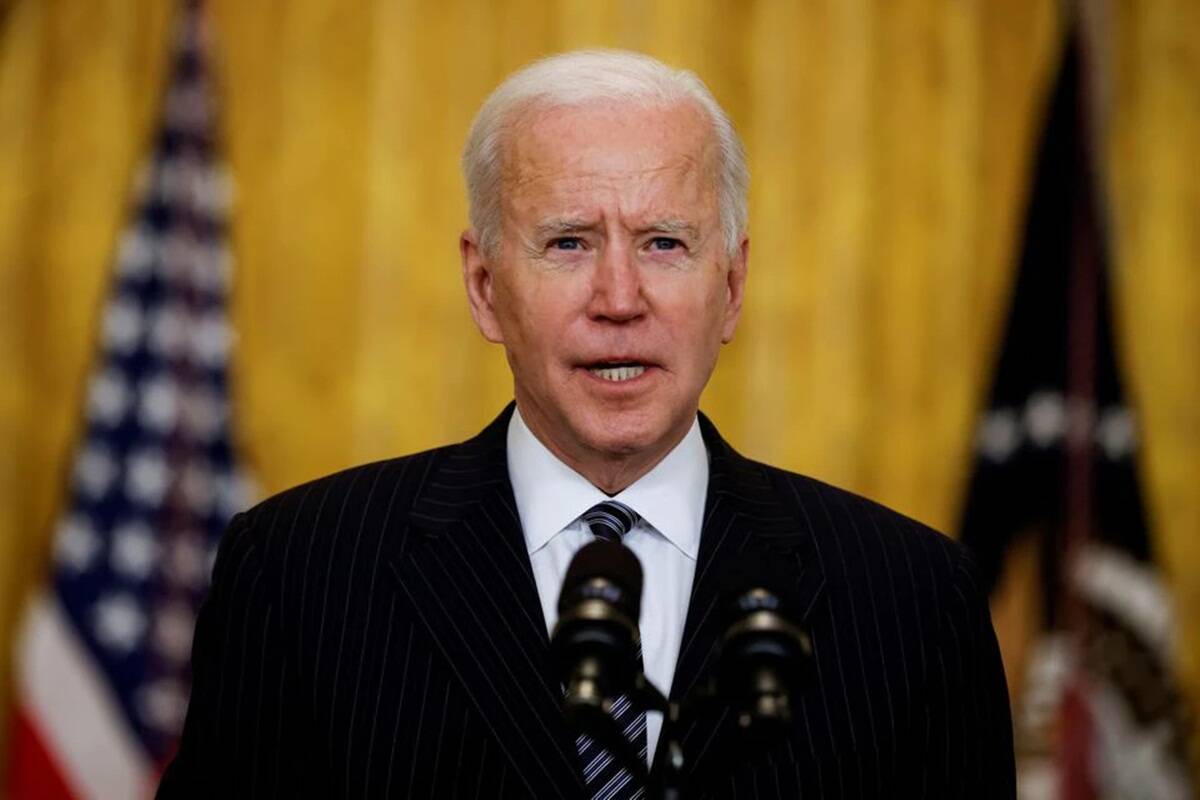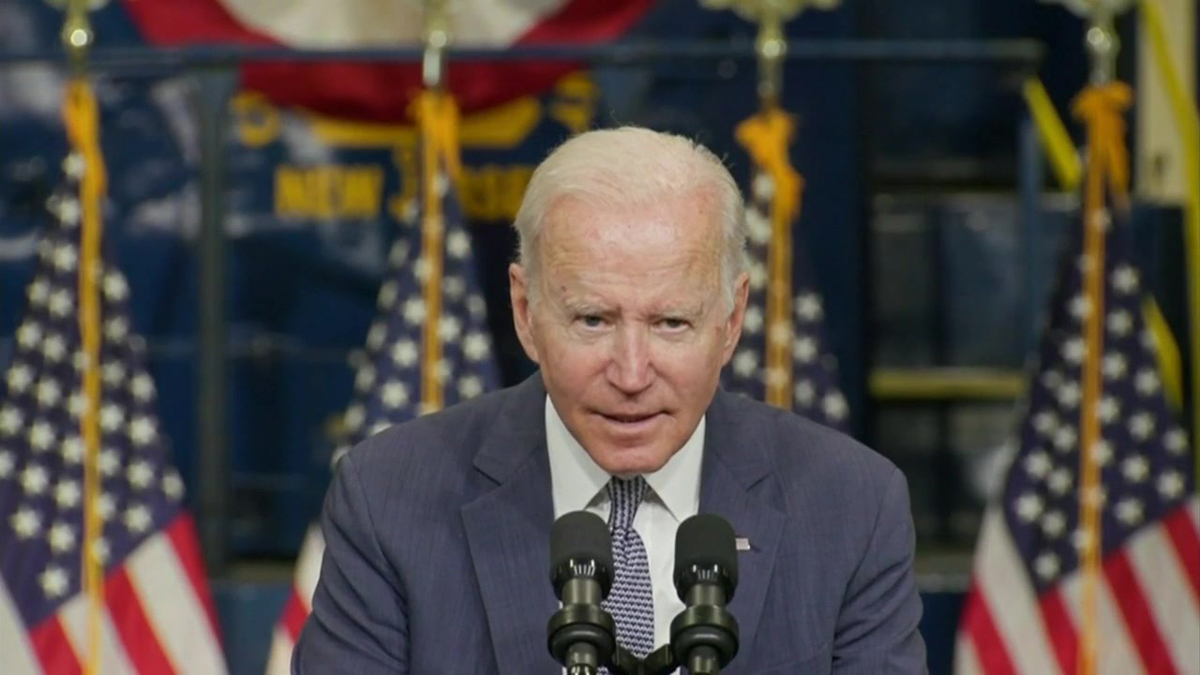War in Ukraine: Roots of the Conflict and Its Consequences across the Globe
It is the opinion of this writer that the risk of NATO expanding into Eastern Europe, including up to the borders of Russia, is not the only cause of this war; rather, there are other reasons, which we will address here as much as possible. Since the collapse of the Soviet Union, the West, under U.S. leadership, has used all of its power to pull the newly-formed Ukraine into its own sphere of influence and has strived to have a presence there. At the time of the USSR’s collapse, there were a few possible scenarios of what the future might hold for relations between Russia and the West. As has been mentioned, Ukraine is rich in natural resources, including forests, natural gas and strategic metals.
It is for this reason that Russians are unable to accept the expansion of an explicitly military organization (NATO) up to their borders. The presence of Western countries in Ukrainian industry, energy production and mining, which was once an important source of income for the Soviet Union, as well as the exclusion of Russia from investing there, has caused Russians to sense a multifaceted threat toward their nation. It has been clear for a while that the West’s interest in Ukraine is to take advantage of the nation’s energy resources and thereby end, or at least decrease, Europe’s dependency on Russian natural gas, a move that the Russians are certainly not a fan of. The West, particularly the Americans, want to blockade Russia and limit its energy exports and investment in gas extraction in Ukraine, thereby opening an alternative source for Europe to supply its energy needs and decrease Russia’s role in this sector. The conflicts that have arisen between Russia and Ukraine over recent years — for example, from 2007 to 2009, or during the Russian seizure of Crimea — confirm this.
Over the past two decades, the Russians have been fully aware of the West’s plan. Their current military strategy of quickly encircling key Ukrainian lands was designed to seize Ukraine’s resources and wealth, particularly in its eastern regions, as soon as possible. This includes key facilities like the nuclear plants, in order to prevent an American or European presence there and to improve Russia's negotiating position in future talks. However, even if we accept the Russian presence in Crimea or the current war as evidence of Vladimir Putin’s intention to revive the Soviet Union, we cannot forget the other side here. The West has surrounded Russia and perpetually sought to weaken it; if you mess with the bear’s cave, don’t be surprised when you get the claws.
In recent years Chinese economic growth has heralded the entrance of a new superpower on the global stage. Throughout the 20th century and up until its collapse, the Soviet Union enjoyed close relations with China in notable aspects, including their political approach toward the bipolar world. The basic framework of that link has been maintained up to the present day. But current trends of Chinese growth will make challenges and conflict inevitable in the relations between these two nations. In one corner you have the Russians, who want to preserve their current status and more broadly increase their own capabilities, to revive their former position as a global power. In the other you have the Chinese, who want to acquire a status that they have not yet possessed; in recent years, China has expanded its presence on multiple continents to work toward that goal. In this way, the Russian military operation against Ukraine — which I consider to have been inevitable and the outcome of which I will predict shortly — is an attempt by Russia to maintain and spread its status as an influential player in global decision-making. With this action, the Russians have in a way sent a serious warning to the Chinese to reconsider their plans.
In my opinion this warning also applies to some of Russia's neighbors, including Turkey, which is pursuing a revival of Ottoman policies. But in addition to their interest in maintaining their status, the Russians are also seeking to improve cooperation with many of their historical and modern partners. By carrying out joint naval exercises with Iran, India and China, Russia is trying to consolidate and even increase its position as a great power. It hopes to take advantage of the weakened presence of the U.S. in the region to strengthen its coalition and limit the West’s power from the Persian Gulf to the Indian Ocean, at the same time strengthening its own western front to a certain extent. Russia was and remains well aware of the presence of the Taliban as an American tool to its south, and sees their existence as a means of infiltrating the front between Russia and its Chinese ally. For this reason, when the Taliban first came to power Russia organized joint military exercises with Tajikistan, to increase that country’s capabilities in its strip of land bordering Afghanistan.
The works of Russian literary greats, such as Aleksandr Solzhenitsyn, Leo Tolstoy and Fyodor Dostoyevsky, are filled with examples of Russian patriotism and nationalism, which shows the importance such feelings hold in the historical memory of the Russian people. From Russia’s perspective, the West and globalist institutions seek to create a uniform culture and impose their values on the rest of the world, and hope to gain more influence over Russian society — including by approaching the borders of Russia. But it is clear that this is not something that the Russians want, and it is their natural right to be indignant toward this military and cultural encroachment on their nation. In this writer’s view, the West’s provocative approach, military and cultural expansion up to the borders of Russia (from the use of the Taliban to the presence on the Ukrainian border) left Russia no choice but to pursue a military attack. There is no doubt that war anywhere is a horrible and immoral phenomenon, and its principal victims are regular people. But sometimes you are forced into it; Russia has entered a war that the West laid out for it. Over the years the Russians have been completely aware of what was to come, and now they had no other choice. To avoid becoming bogged down in a war of attrition they are trying to end the war in the shortest time possible, as that would be only to the benefit of the West and against Russia’s own interests.
The war in Ukraine will have a significant effect on the world’s future, and in the post-COVID age, alliances in the West and the East will shift. Changes in the geopolitical borders of some countries will be one of the consequences of this war. It seems that the West will have no choice but to accept an important part of Russia’s demands and recognize its position within the new global hegemony. Furthermore, Russia being at war might be enough to prevent the Russians from obstructing an agreement between Iran and the West. There is speculation that this may be a good opportunity for a mutual agreement and cooperation (or at least interaction) between Iran and the West, and the conflict could slightly decrease the Western pressure on Iran. We must seize this opportunity to secure Iran’s national interests.


